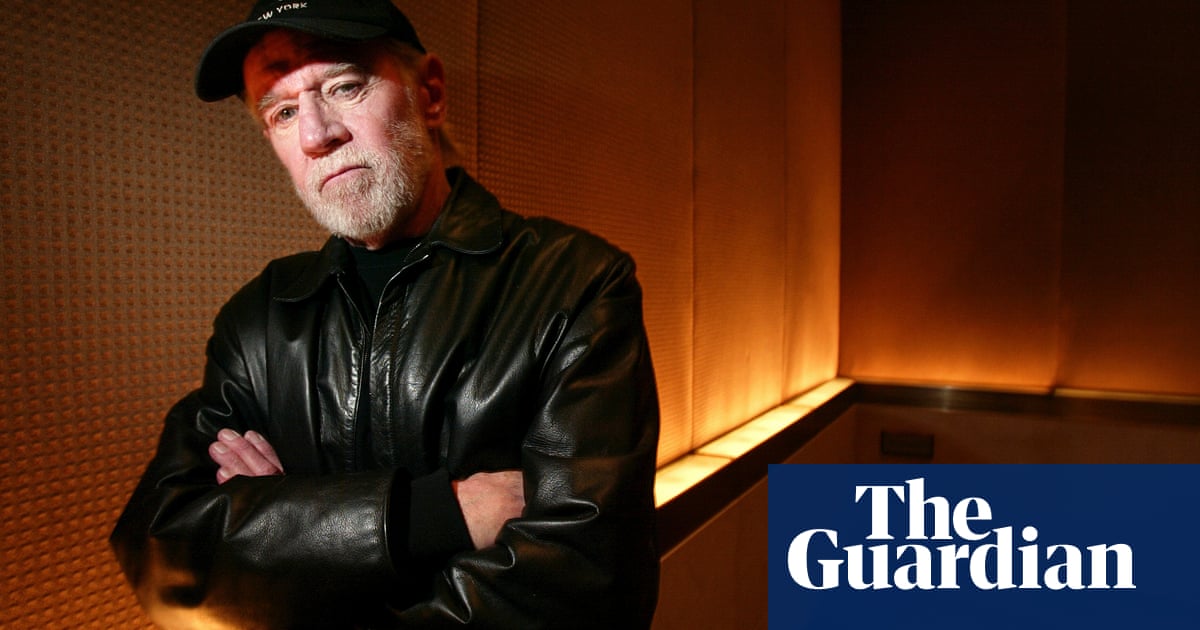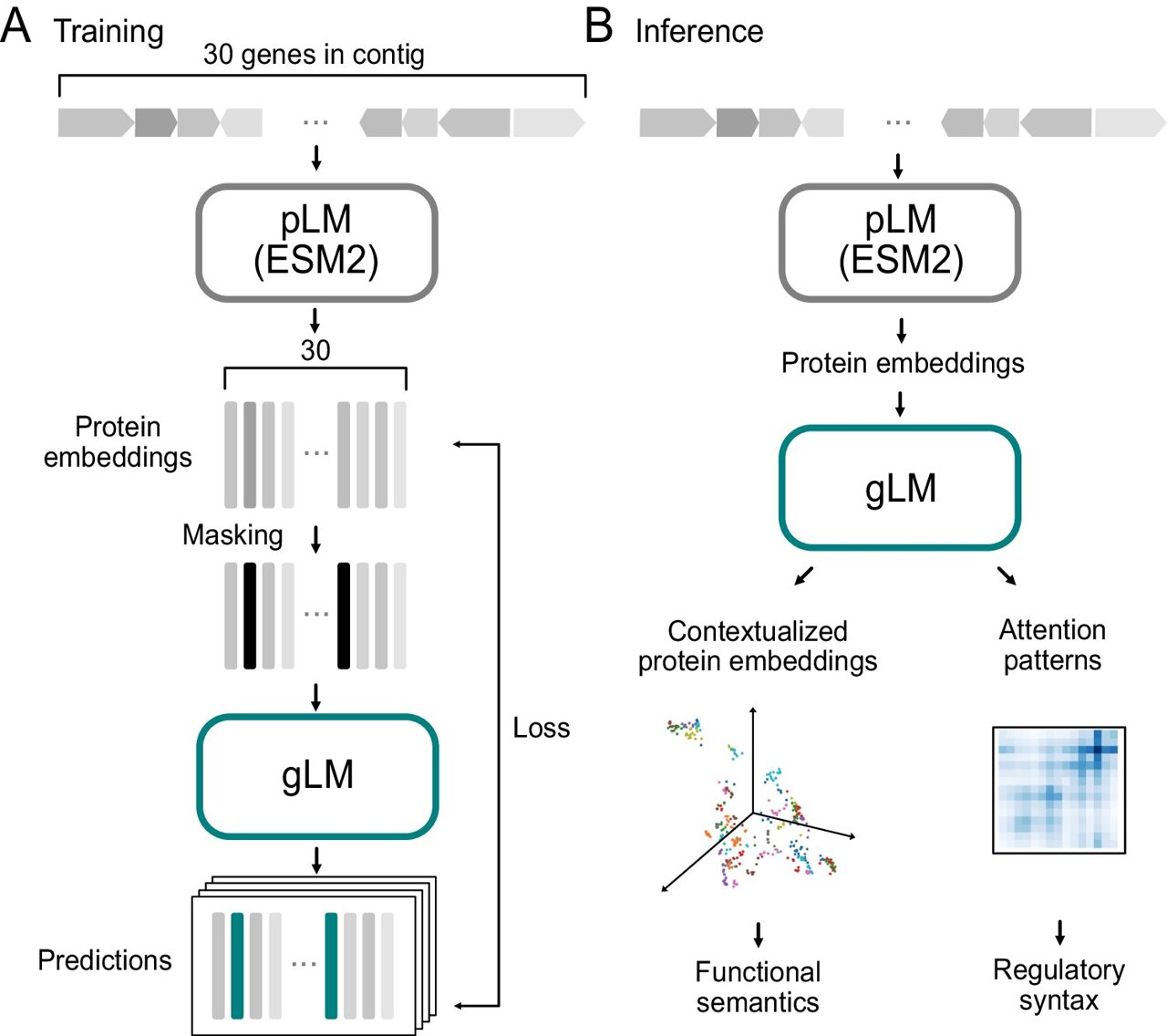The lawsuit involving the estate of the late comedian George Carlin and a comedy podcast that utilized artificial intelligence to replicate his voice has been settled. The legal dispute, a pioneering case in the United States concerning the legitimacy of deepfakes portraying a celebrity’s identity, was resolved on Tuesday.
The podcast in question, Dudesy, helmed by former Mad TV comedian Will Sasso and writer Chad Kultgen, has agreed to eliminate all episodes featuring Carlin’s voice from online platforms permanently. Furthermore, they have committed to refraining from utilizing Carlin’s voice, image, or likeness in any future content. Despite the settlement, Danielle Del, a representative for Sasso, opted not to provide a statement on the matter.
Both Carlin’s family and the estate’s attorney expressed satisfaction with the resolution, although the specific terms of the settlement remain undisclosed. Kelly Carlin, the comedian’s daughter, commended the swift and amicable conclusion of the issue, emphasizing the importance of responsible actions in promptly removing the contentious content.
The legal action was initiated by Carlin’s estate in January following the release of a YouTube special by the Dudesy podcast titled “George Carlin: I’m Glad I’m Dead,” which allegedly infringed upon Carlin’s publicity and copyright rights. The estate contended that the podcast’s production constituted an unauthorized utilization of Carlin’s artistic legacy.
While the podcast claimed to utilize AI technology to emulate Carlin’s comedic style, subsequent revelations indicated that the content attributed to an AI character named “Dudesy” was actually scripted by Kultgen rather than generated by artificial intelligence. Despite this clarification, concerns regarding the misuse of AI to create impersonations of deceased individuals persist.
The settlement underscores the evolving challenges posed by artificial intelligence in the entertainment industry, prompting discussions on the ethical implications of AI-generated content. The proliferation of generative AI tools has raised apprehensions among creators regarding unauthorized replication of artists, prompting calls for stringent regulations to safeguard intellectual property rights.
As the entertainment landscape grapples with the ramifications of AI advancements, the legal community anticipates future disputes over the classification of AI-generated imitations as permissible parodies under fair use doctrines. While traditional impersonations on platforms like Saturday Night Live have been accepted as parody, the emergence of generative AI tools presents a novel legal terrain requiring nuanced deliberation.
In light of these developments, the settlement serves as a pivotal moment in navigating the intersection of technology, creativity, and intellectual property rights within the entertainment sphere.










